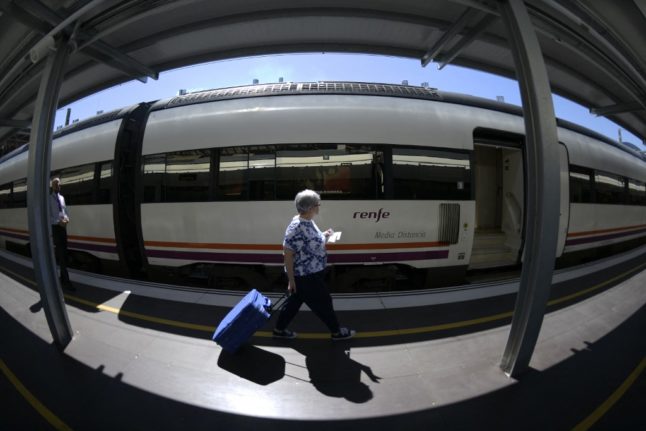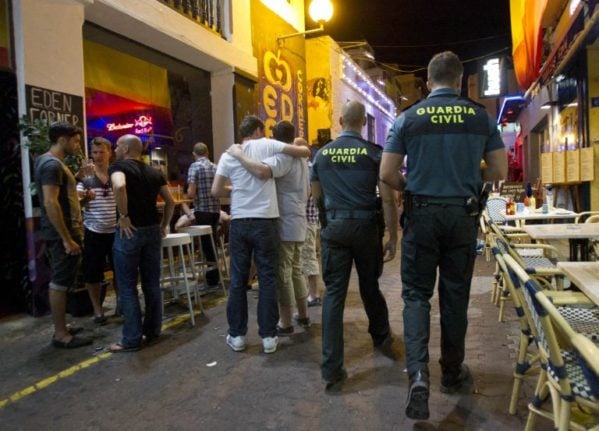Around a tenth of the free Media Distancia train tickets offered by Spain’s state-owned rail operator Renfe are being used fraudulently, according to Raquel Sánchez, Spain’s Minister of Transport, Mobility and Urban Agenda.
Speaking at the EU Council of Ministers in Brussels, Sánchez explained that some cheeky travellers are reserving a place that they then do not use, filling up carriages, reducing the number of available seats and leaving other commuters without a way of travelling. In total, the Minister suggested that this fraudulent practice has only affected 3 percent of the total 2.2 million free tickets issued so far (including all the different lines) because Cercanías trains don’t require specific seat reservations.
Spain’s free train travel offer came into force on September 1st and was originally due to end on December 31st 2022, but it has now been confirmed it will be extended until at least December 2023 when the measure’s economic and environmental impact will be evaluated.
The offer is available on trains operated by the state-owned train network Renfe, including Cercanías, Rodalies (in Catalonia), and Media Distancia (local and medium-distance journeys).
Crucially, it’s only offered on special multi-journey tickets, not on single journeys or high-speed AVE trains.
GUIDE: How to get free train tickets in Spain
But according to Sánchez around 640,000 Media Distancia free passes have been issued so far, which means around 64,000 people have been reserving seats that they ultimately do not use, and some even do it on several trains to give themselves greater travel flexibility.
READ ALSO: Spain’s free train tickets to continue throughout 2023
Now, it seems, the Spanish government have had enough of commuters taking advantage of their kindness and are introducing sanctions for fraudulent use of their free tickets. Punishments, something Sánchez told her European colleagues were a “necessary measure,” will now be levied against repeat offenders.
Sanctions
Crafty commuters who are caught making multiple reservations and not using them could have their free travel withdrawn or their deposit taken.
These punishments have been brought in, according to the Spanish government’s Official State Gazette, to discourage certain users who on “at least three occasions have not cancelled the formalised trip at least two hours in advance and do not make the trip.”
Standing room only?
As you might expect, the offer of free train travel has proven extremely popular across Spain, and in order to keep up with demand, Renfe are set to introduce limited standing space quotas of 10 percent on high-demand routes where specific seat reservations will not be available.



 Please whitelist us to continue reading.
Please whitelist us to continue reading.
Member comments